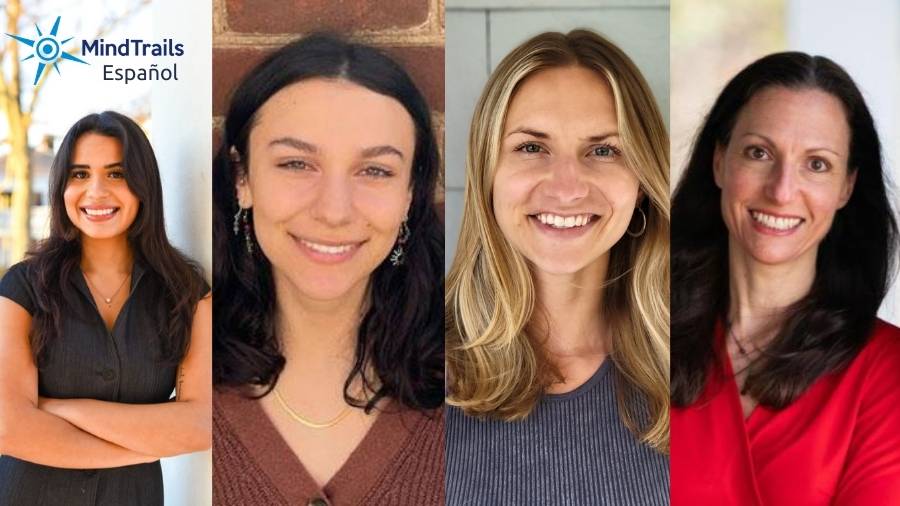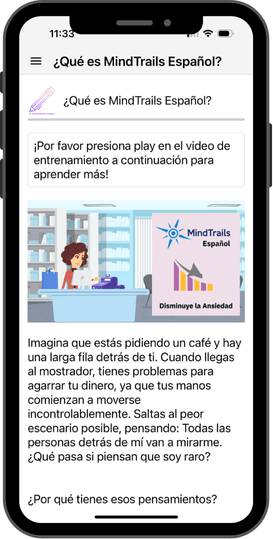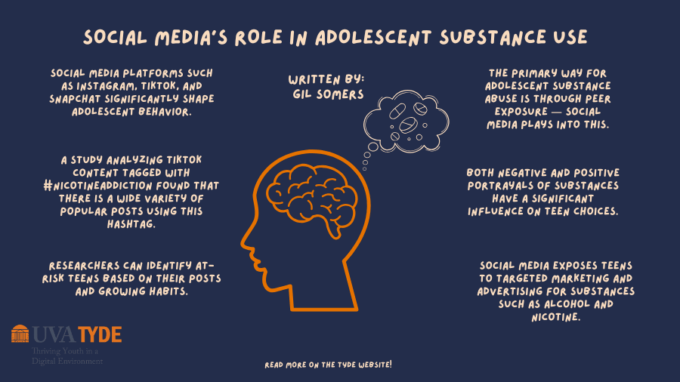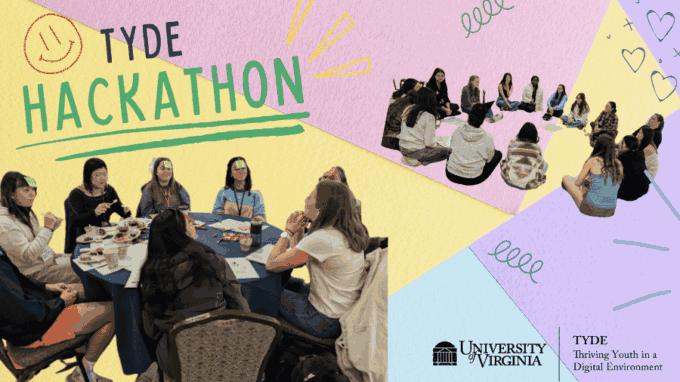By Emilú Maria Englander-Fuentes, Valentina Mendoza Gonzalez, & Taylor Myers
Mental Health Barriers for Hispanics
In today’s fast-paced world, it’s easy to feel overwhelmed by anxiety. For many, anxiety is helpful and short-lived. It tells us the stakes are high; we should do something. For some, however, that anxiety lasts so long, or is so severe, as to cause them problems and be considered a psychological disorder.
Anxiety disorders are incredibly common in the U.S., affecting about 30% of people at some point in their lives. The problem is that more than two thirds of people will never receive treatment, and the situation is even worse among racial and ethnic minority groups, such as Hispanics.
Despite being the largest ethnic minority group in the U.S., Hispanic people often face significant challenges in accessing mental health care. Many struggle with logistical issues like getting to appointments or finding providers who speak their language. With over 10% of U.S. residents speaking Spanish at home–and about half of them not being fluent in English–it’s clear that language barriers are a big part of the problem.
But that’s not all. Hispanic people have one of the highest uninsured rates in the country at 18%, and they are three times more likely not to have a regular healthcare provider as non-Hispanic Whites. It’s no surprise, then, that they are less likely to receive the mental health services they need.
How Digital Tools Can Help
One potential solution for making mental health care more accessible and affordable are mobile technologies, which is a major focus of our group, the PACT (Program for Anxiety, Cognition, and Treatment) lab at the University of Virginia.
One of our projects, MindTrails, is a free program available both online and as an app. It’s designed to help people manage their anxiety by guiding them through scenarios that might trigger worry and training them to think in less catastrophic ways. For example, considering a situation in which a colleague doesn’t say “hi” in the hallway, the program raises the possibility that they’re just in a hurry rather than assuming they dislike you. These short sessions take only a handful of minutes, and past studies have shown that they can reduce anxiety over time.
MindTrails helps break down barriers to mental healthcare, such as needing transportation or setting aside large chunks of time, giving people the chance to use an evidence-based treatment from the comfort of their own phones.
Making MindTrails work for Hispanic and Latinx individuals
We knew that if we wanted to try and address the unmet need for accessible mental healthcare for Hispanic and Latinx individuals, a specifically tailored version of MindTrails would be needed. We also knew that we wouldn’t be able to do it alone – that’s why the PACT lab has been hard at work adapting the program in collaboration with members of the Hispanic community. This effort started several years ago with Allie Silverman and Claudia Calicho-Mamani, former PACT lab graduate student and project coordinator, respectively. Working together and with input from focus groups of Hispanic adults, they adapted the web-based version of MindTrails. Now, UVA undergraduate students Emilú Englander-Fuentes and Valentina Mendoza Gonzalez are leading the charge on the app-based version, MindTrails Español.

Developing MindTrails Español involved more than just translating the program to Spanish–we wanted to ensure it resonated with the specific needs and lived experiences of Hispanic individuals. As part of her dissertation, Allie interviewed members of the Hispanic community to gather feedback on the web-based version of MindTrails. They pointed out that the content and images didn’t always reflect their cultural experiences and that they wanted more of a focus on issues like discrimination, which can be a significant source of anxiety. These insights were crucial in shaping the app-based MindTrails Español, which is now ready for its debut!

What’s next for MindTrails Español?
Before we fully roll out MindTrails Español,we want to make sure it’s truly meeting the needs of the Hispanic community. We’ll be working closely with community members to get their feedback on the app’s design and how well it matches their everyday experiences. This will help us refine the program so it’s as effective and relevant as possible. Ultimately, the goal is to launch a national open trial, offering MindTrails Español to Hispanic individuals struggling with anxiety. We’ll be looking to see how well it reduce stress, anxiety, and depression.By doing this, we hope to provide a valuable and culturally relevant resource that addresses the mental health disparities faced by the Hispanic community.



